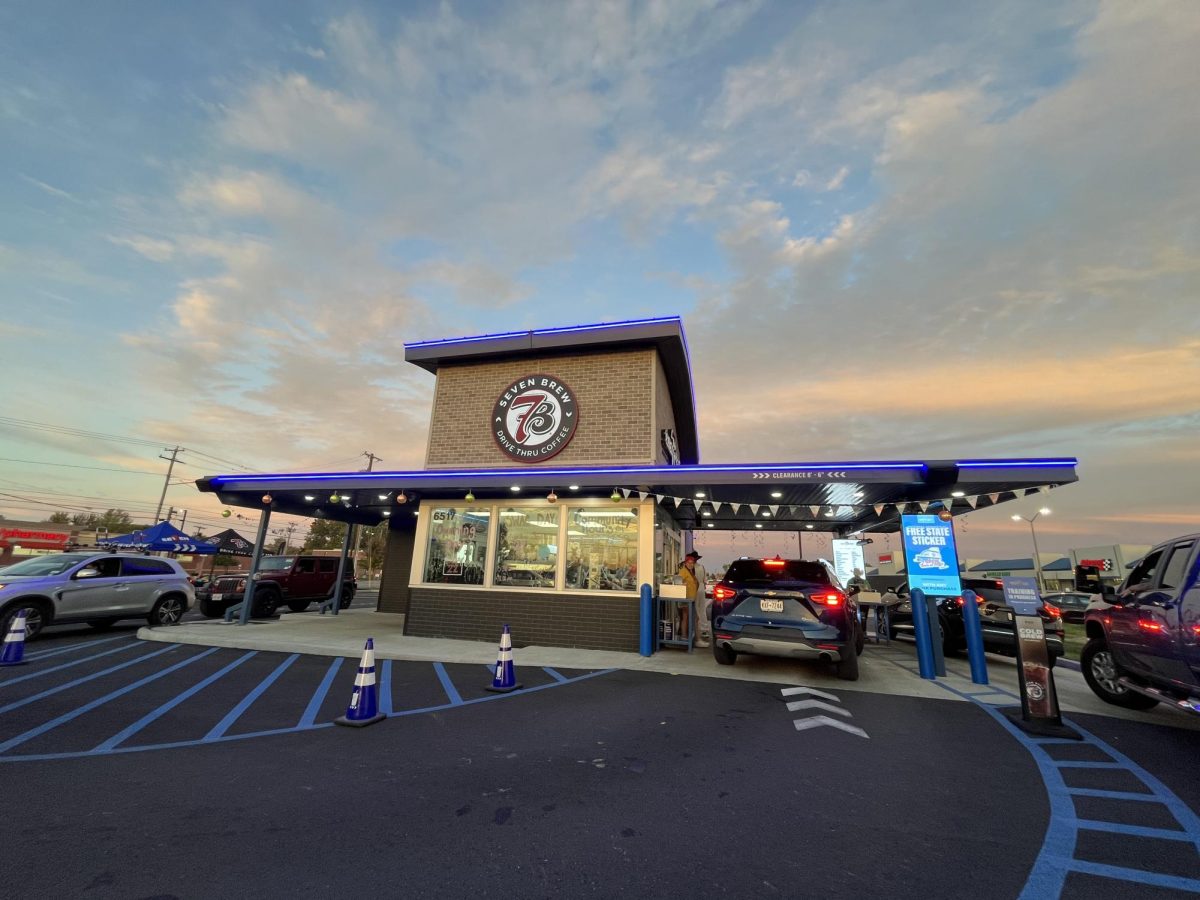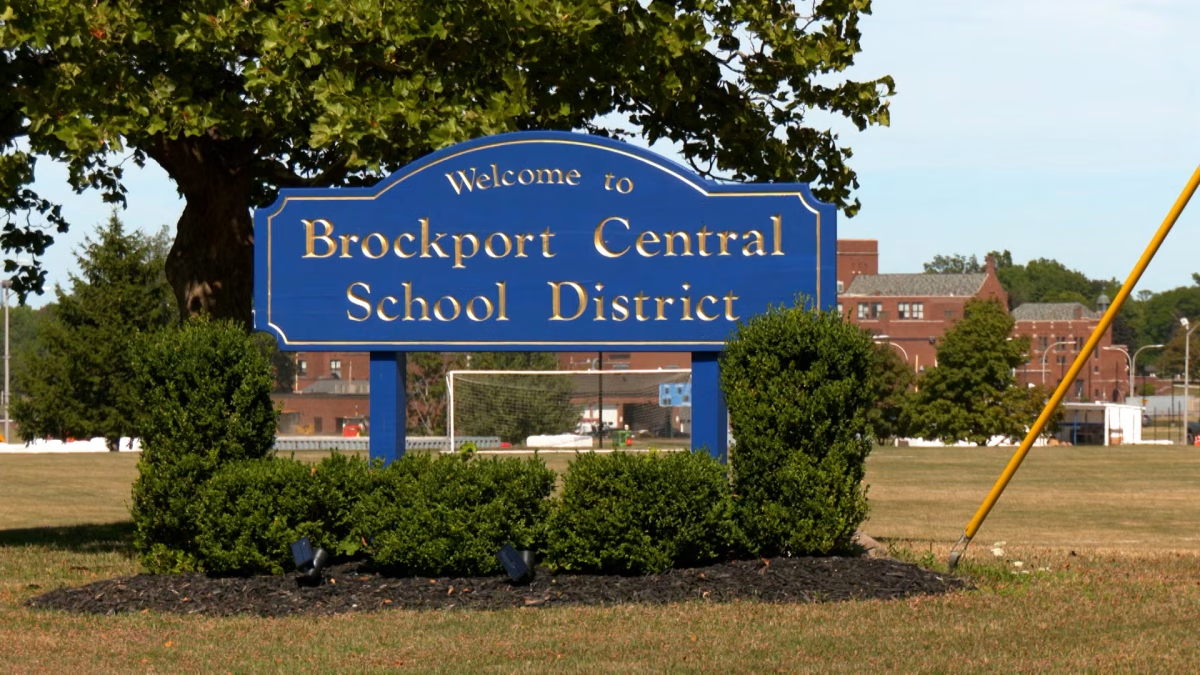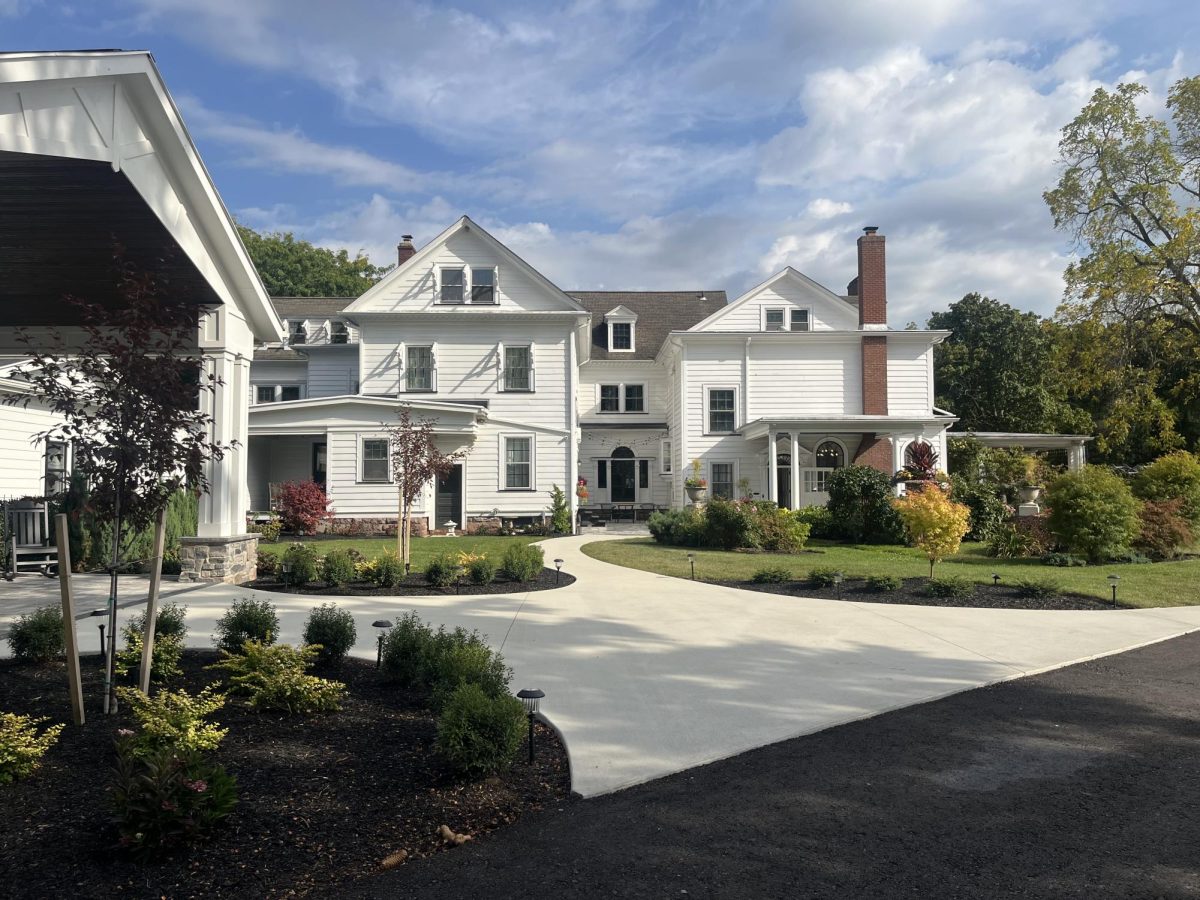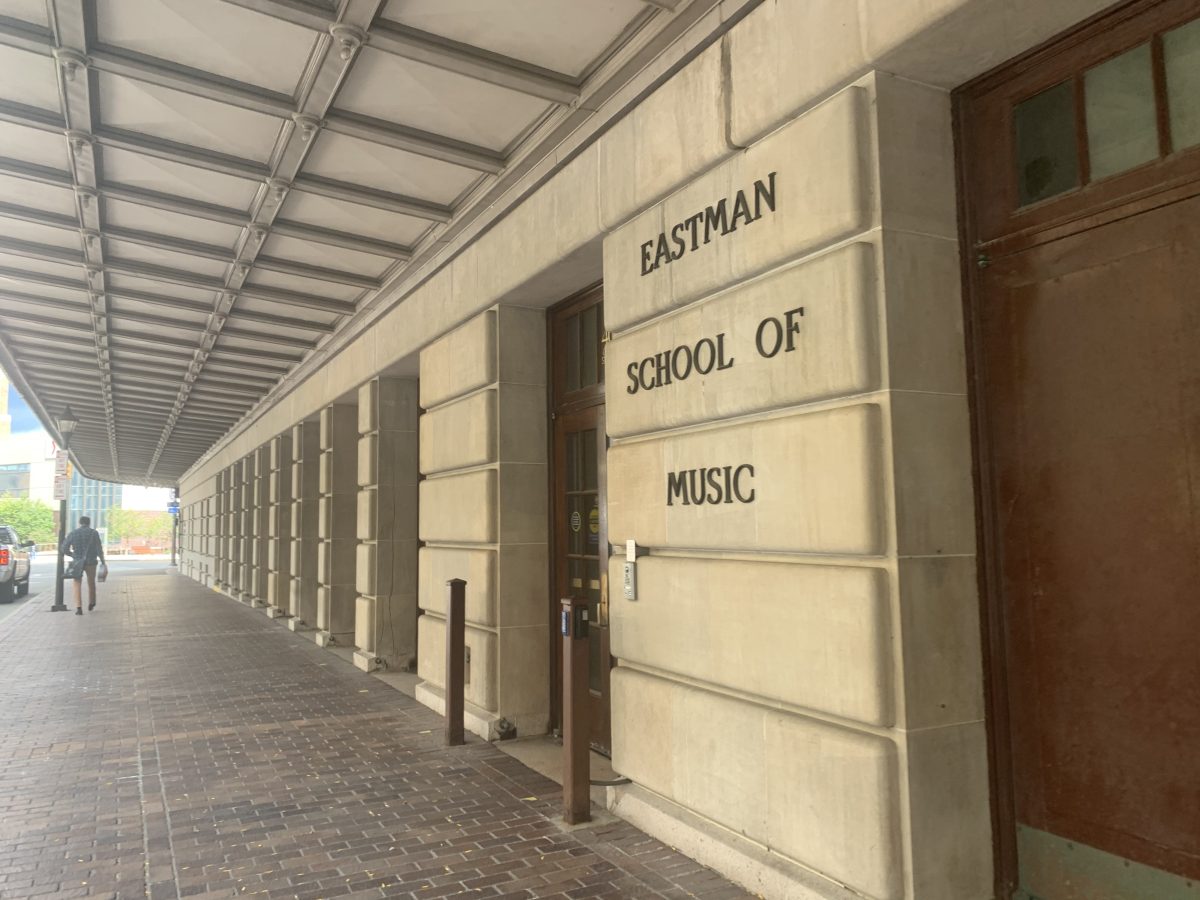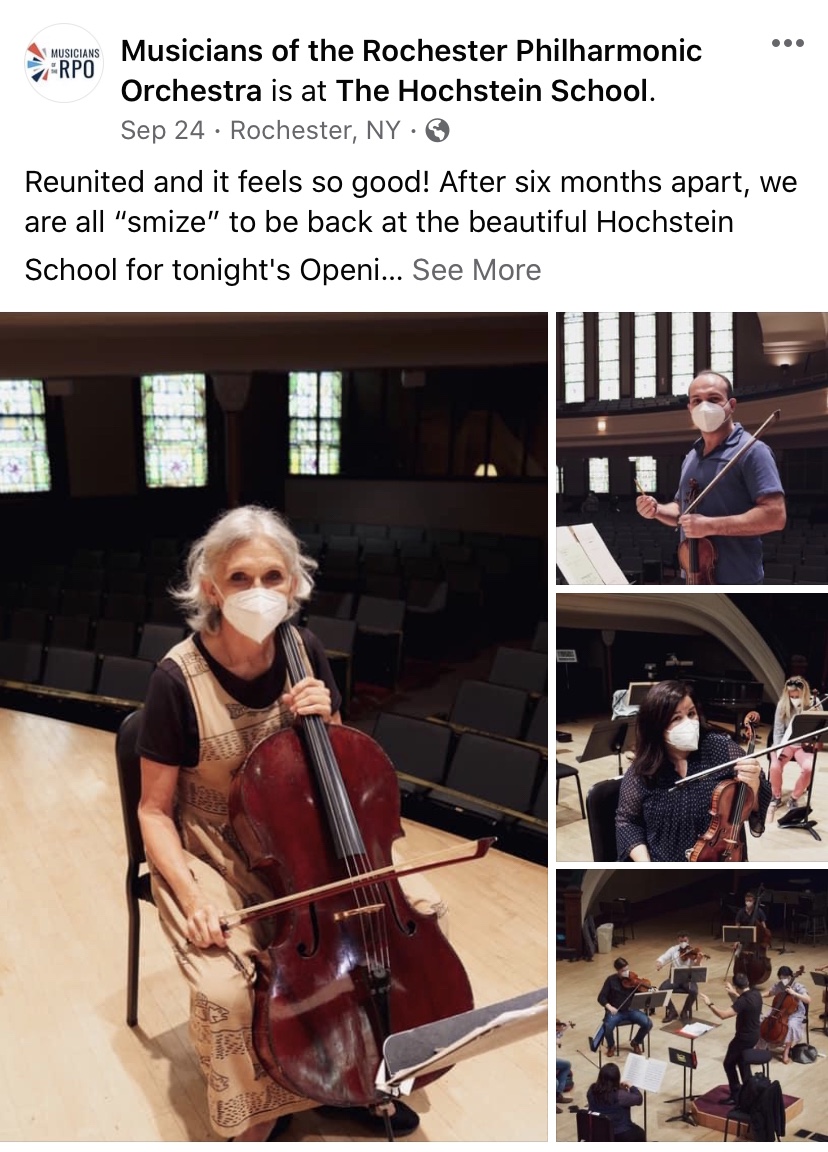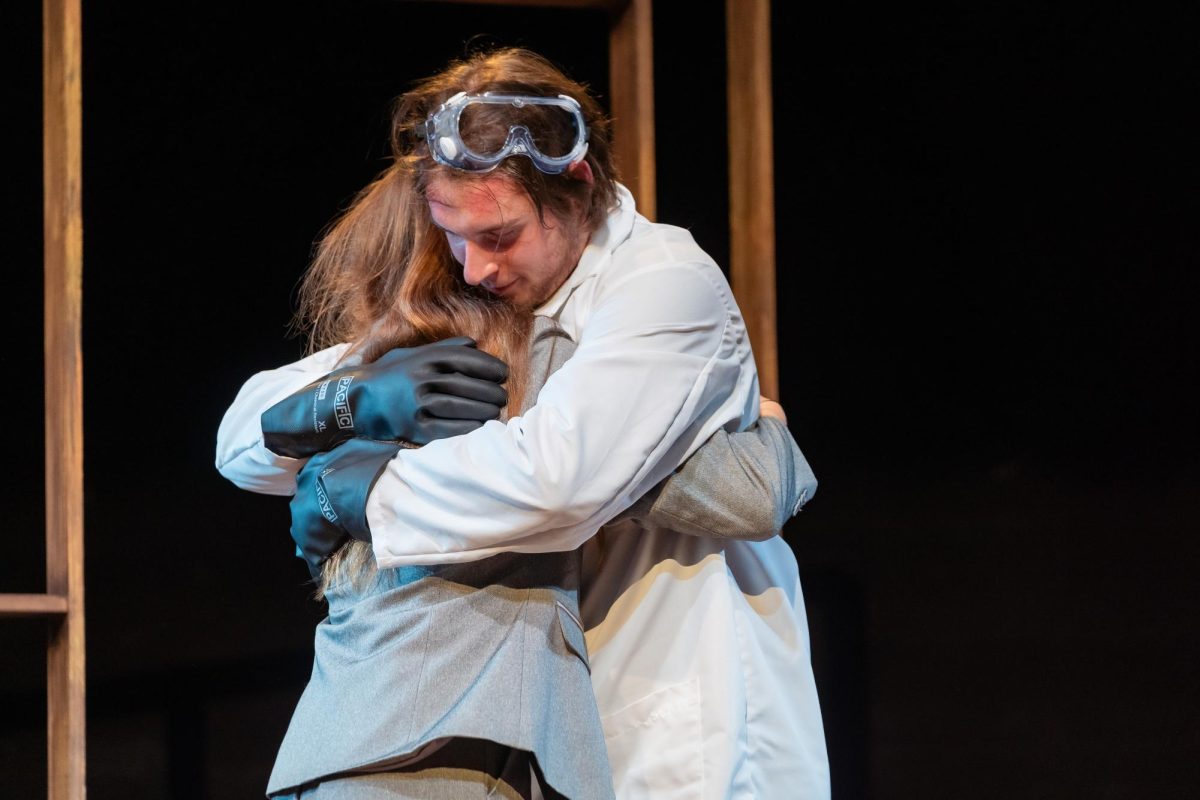By Connor Zerniak
“As a musician, I felt frustrated that I wasn’t able to make music with friends”
Elizabeth Knapp
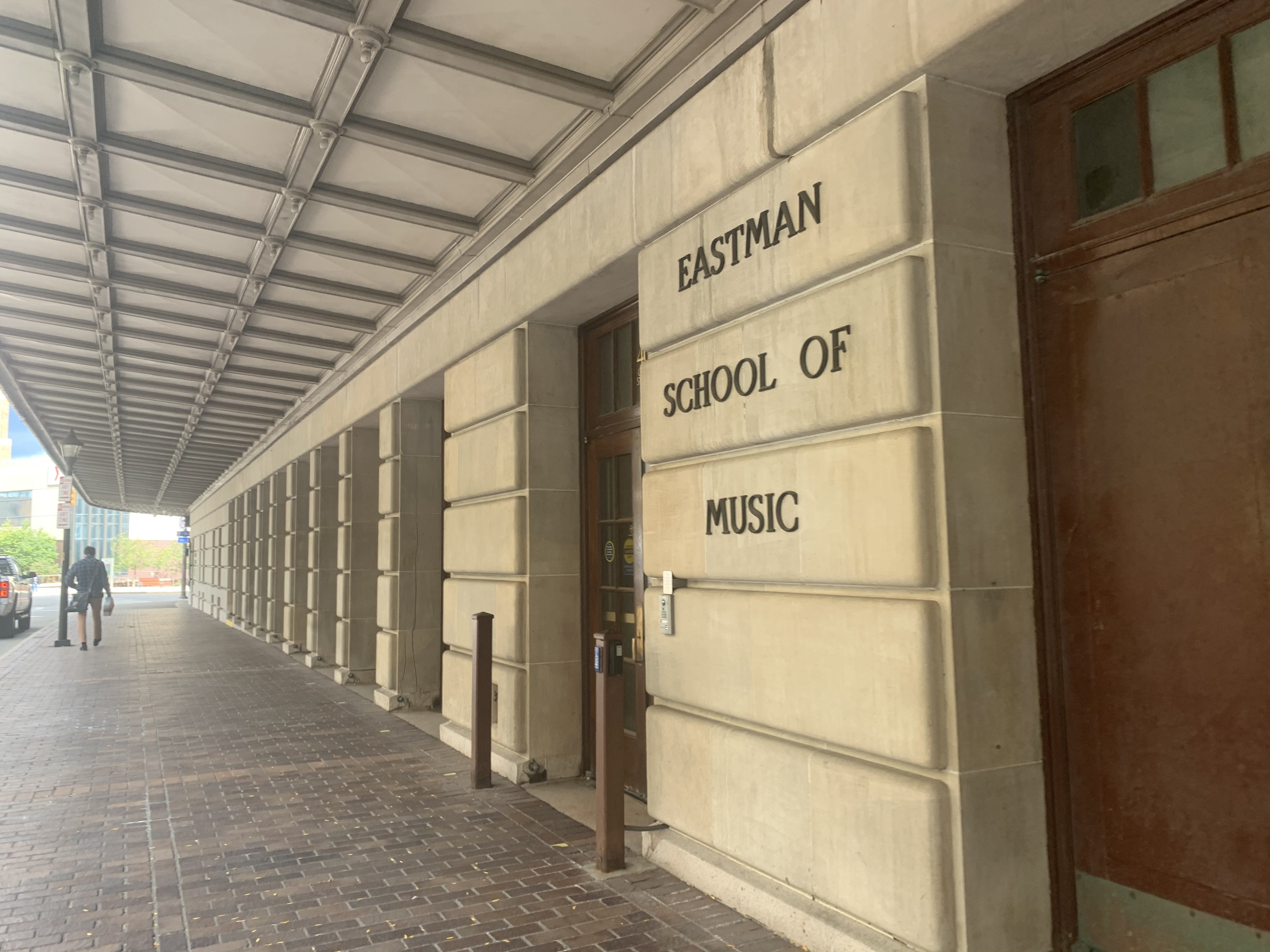
Many musicians feel lost, frustrated and worried about how to make ends meet during a pandemic that has robbed them of their passion and in many cases, their livelihoods.
“I feel like being a musician right now is honestly really weird and there are both pros and cons to it,” said Bethany Mclean, a flutist, and student at the Manhattan School of Music.
For Mclean, the pandemic eliminated performing to live audiences and almost changed her decision to return to school this semester.
“I chose a school in New York City because I wanted to build a decent freelance career while in school, and of course now a lot of that work is completely gone,” said Mclean. “I was considering taking the semester off, but the school is doing a hybrid model where we do a lot of chamber music and some outdoor orchestra readings.”
Mclean says she feels that after not playing with anyone for the past five months, being able to do hybrid classes has been a way to still make music with others.
“I’d say that the biggest pro is that a lot of things are going virtual and a lot of prestigious conservatory faculty are learning how to Zoom and use other platforms,” Mclean said.
Mclean says this may open the door for students who don’t have the financial means to pay for airfare and other expenses that they would normally had to do to meet with these faculty members.
For Elizabeth Knapp, a violinist and music teacher, there were many challenges that Covid-19 presented.
“As a musician, I felt frustrated that I wasn’t able to make music with friends during that time,” Knapp said. “I have had to learn how to teach over Zoom. My students at school are on a hybrid schedule and I am teaching every day, but with different students. It has translated into a much larger workload.”
Although the pandemic has eliminated many job opportunities for musicians across the area, several music programs have found creative ways to adapt.
Scott Horsington, a professor with the department of Theatre and Music Studies at SUNY Brockport, directs the concert band and orchestra at the college. Going into the fall semester, he was told that these programs needed to be delivered in a remote format, and if they couldn’t, they needed to be canceled.
“Because the rehearsal rooms are on the smaller side, it was too big of a risk to try to do that,” Horsington said. “That left us with trying to be inventive with how we could still have these groups and still have kids participate, knowing that we couldn’t physically meet.”
Horsington also works with the Rochester Philharmonic Orchestra (RPO) in the administrative office. The RPO has moved to a virtual format for performances during the fall and winter.
“They have a larger space that they can use and they can reduce the number of musicians. Through most of the summer we didn’t even know if there was going to be a season, and with the Philharmonic, that meant 150 people were going to be out of work completely if we couldn’t go virtual,” Horsington said.
The RPO now has many virtual performances available for sale on their website.
As the seasons begin to change, any outdoor performances will be eliminated.
“As we enter the cold weather months, and large gatherings cannot take place indoors, I worry about my friends who perform as a career. I worry about orchestras and professional level ensembles surviving these times financially,” Knapp said.
While this has been a main issue that has led to many musicians collaborating in virtual performances, Knapp also sees the positive side of the pandemic.
“I think society as a whole has rediscovered the importance of music and the arts, especially during difficult times. I think the pandemic has also allowed music students to have more time with their instruments,” Knapp said.
Knapp hopes that the pandemic will give students more time and more interest to play instruments.
Not only are musicians feeling the effects of the pandemic, but music stores in the area have also been greatly impacted.
For John Bernunzio, owner of Bernunzio Uptown Music, his business operations have severely changed due to Covid-19 regulations.
“We shut down the retail end of the business in March and currently we are open by appointment during the week and open to the public on Saturdays,” Bernunzio said. “Our customers are musicians and they are out of work, so that makes the every-day part of business very slow.”

Bernunzio also found that getting instruments in by mail has been difficult during the pandemic and he’s been having to drive to get a lot of them.
“There’s a lot been a lot of difficulty with shipping and getting instruments in,” Bernunzio said. “The mail system seems to be a bit crippled lately.”
While the music industry has been hit hard by the pandemic, many people still have a positive mindset.
“I have heard of new projects, creative ideas, and unique ways that musicians have been asking for support. Society needs to recognize that musicians are going through a tough time right now and show their support,” Knapp said.
Bernunzio has seen music as a therapeutic undertaking for many people during the pandemic.
“We have had a lot of new sales to customers just starting. Teachers are finding a whole new way of delivering their message, and so are musicians,” said Bernunzio. “It’s an exciting time to be alive.”
For musicians, the pandemic has been a huge burden, but with determination and the community’s support, many have adapted during these unprecedented times.

